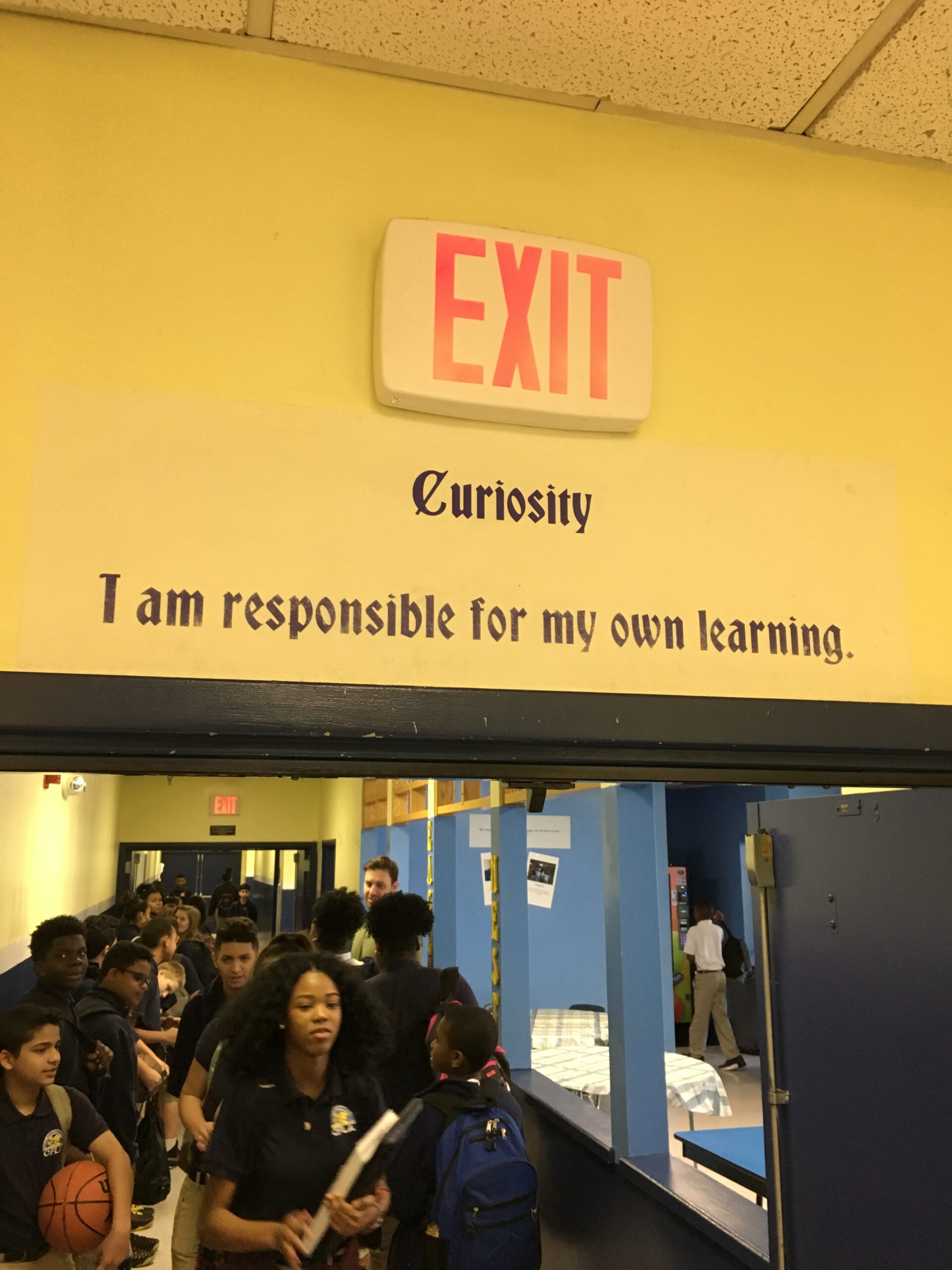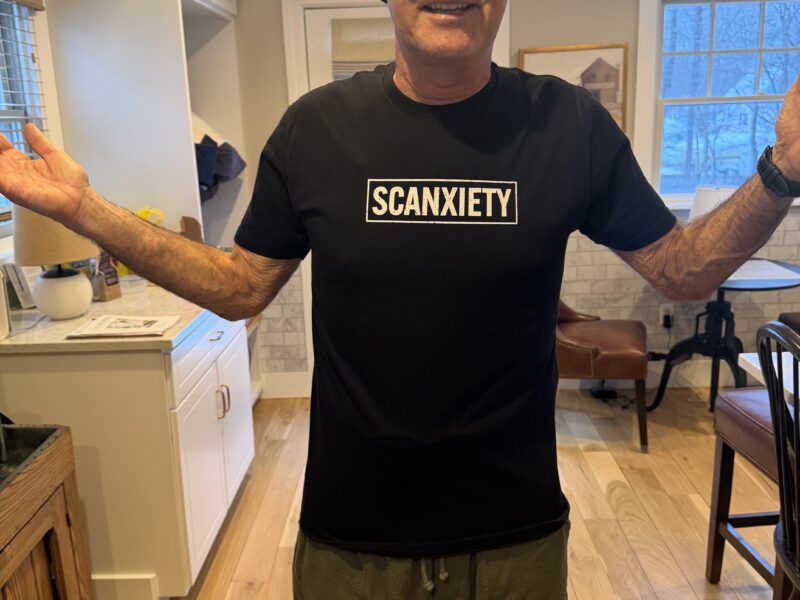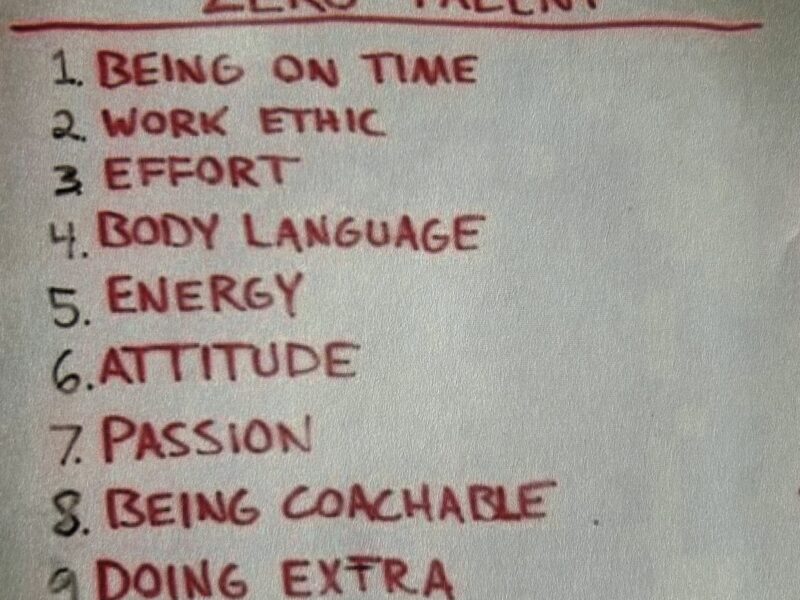The. Kids. Must. Participate. In. Their. Own. Resurrection.
Hold that thought.

This week (10/9/23), the Boston Globe printed a story titled — “‘Out with the old’: Boston Public Schools attempt to raise reading scores through overhauling instruction.” The piece observes that “After years of dismally low reading scores…” the school system is “making a dramatic shift” in the way reading is taught.
Meanwhile, the Portland Press Herald ran a story on the very same day — “Why aren’t students showing up to school?” — that presented some startling statistics regarding absenteeism. Specifically, during the 2021-22 school year, 28% of all U.S. students were “chronically” absent. (Definition: missing at least 10% — 18 days — of the 180-day school year) The numbers are substantively worse in our major cities with Chicago, LA, New York, and yes, Boston, topping 40%. (Get this: Detroit is at 77%!)
So, reading the Globe and Press Herald stories together, it’s hard to miss a troubling disconnect: when a dramatic overhaul of teaching methodologies is combined with a 40% chronic absentee rate… well, that’s the stuff of two ships passing in the night.
After 45 years spent travelling the character ed lane, I continue to be convinced that the core issue facing our long-declining schools can be traced to a simple 17-word sentence: We care more about what they can do than about who they are… and they know it.
It’s time to ask this question: How much do the kids care about plummeting test scores and rising absentee rates? Hey, the actions of the 40% speak for themselves, but it is a safe bet to assume that it doesn’t keep the other 60% up at night. Meanwhile, we remain mired in a dysfunctional dynamic where these problems matter far too little, if at all, to the kids while the adults nobly forge ahead in a zero-sum game in a futile effort to overcompensate for the lack of student participation in solving them.
Bottom Line: Far too many American school kids are flat-out bummed. (See the CDC post-pandemic national survey of 7,705 high school students: https://www.cdc.gov/media/releases/2022/p0331-youth-mental-health-covid-19.html) The Boston schools are to be applauded for their earnest efforts to improve reading. However, regardless of whether the problem is absenteeism… or low test scores… or bullying… or anxiety, it’s time to enlist the efforts of the potentially most potent force in the whole game: the 50 million students attending our schools. Lower student-teacher ratios and more counselors on staff may be good goals to pursue, but let us transition to a mindset with a little less do it for them and a lot more do it with them.

The Discovery Process is a program that does just that. Students begin each day with a Daily Check-In which amounts to multiple ways to ask, “How are we doing?” Students state goals, share feelings, and support (and sometimes challenge) each other. Then, throughout the day, they engage in selected 5/10-minute Debriefs which amount to multiple ways to ask, “How did we just do?” Debriefs might occur after an academic class, a sports practice, a play rehearsal, etc. (Note: Modeling the notion that we are all works in progress, teachers are full participants in both of these practices.) Furthermore, there are 134 lessons and 10 hours of training available to teachers at the click of a button. As kids practice the idea of looking out for each other, they start to care about all those things that make any school great. They also tend to show up! (Had I not seen it with my own eyes, I would not have devoted the last five years of my life to developing the Discovery Process program.)
One common push-back to the Discovery Process is that it takes away from academic time. Yes, it does. (Less that 2 hours per week.) At the same time, participating schools invariably find that the improved learning attitudes and general respect invariably lead to corresponding improvements in test scores and declines in absenteeism, bullying, litter, and disrespect. But most importantly, the collective student attitude shifts from perceiving test scores and absenteeism as issues that are important to the adults to a pervasive pride in school and palpable respect for each other. Amazing things can happen when kids invest their time and energies in their own resurrection. C’mon, America, let’s give it a try!
Onward, Malcolm



